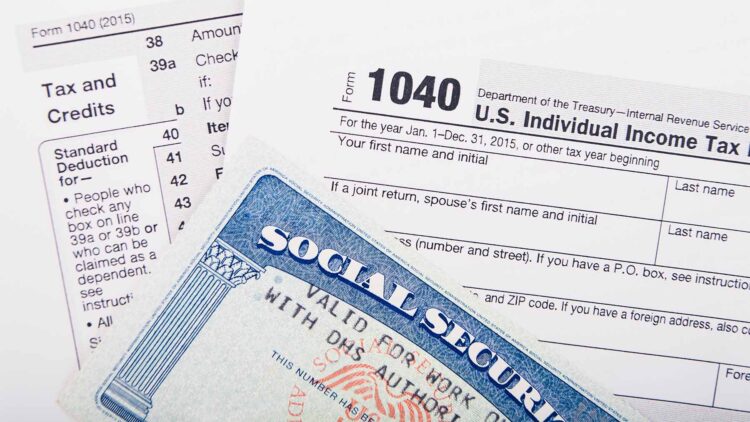Planing retirement is important, but choosing where to leave when you retire is equally essential. In some states you will pay less taxes than in others. Although you would always have to follow and comply the U.S. income taxes rules on the federal level and deal with the IRS (Internal Revenue Service), there are some places where retirement income pays less or even nothing. Also, some Social security Administration (SSA) benefits don’t pay state taxes.
Been aware of the differences and options can help you better enjoy your money when you decide to take your retirement in the United States.
States that do not tax (or reduce) retirement income
Many states don’t charge state taxes on some retirement income. This includes benefits from the SSA, 401(k) withdrawals, IRA and pension.
Some exempt them completely and others exempt only a part of it:
- Arkansas: Exempt up to $6,000 per year from IRA withdrawals (if you are 59 1/2 years old or more) and pension.
- Illinois: Exempts all retirement income, including SSA, 401(k)/IRA and pension.
- Iowa: SSA benefits are exempt. And, from the age of 55, 401(k)/IRA and pension withdrawals are also exempt.
- Mississippi: Exempts all retirement income (including SSA, 401(k)/IRA, pension). But if you want to do an early withdrawal, you do pay state tax.
- New Hampshire: Exempt from SSA and pension. Interest/account dividends (like an IRA) are not exempt, but are in the process of being eliminated.
- Pennsylvania: Exempts all retirement income, including SSA, 401(k)/IRA and pension.
- South Carolina: SSA exempt. Part of other retirement income is deductible: up to $3,000 if you are under 65 years old; up to $10,000 if you are 65 or older.
In these states, your 401(k)/IRA savings, your pension and what you receive from the SSA can last longer because the state taxes are lower or even zero.
States without state income tax
When a state doesn’t charge you state income tax, normally it won’t collect for withdrawals from 401(k)/IRA, pension or by SSA (at the state level).
These lucky states are: Alaska, Florida, Nevada, New Hampshire, South Dakota, Tennessee, Texas, Washington y Wyoming.
Living in one of these states means simplifying your payments to the state and keeping more of your income for you.
How federal taxes work for the SSA
Although the state you live in doesn’t collect over SSA, on a federal level, the IRS can collect, depending on your “combined income.” The IRS calculate it like this:
- Your AGI (adjusted gross income)
- Half of your annual Social Security Administration benefits
- Non-taxable interest (for example, Treasury bonds)
Example: If your AGI is $20,000, you receive $20,000 from SSA per year and have $500 of non-taxable interest, your combined income is $30,500 ($20,000 + $10,000 + $500). With that figure, the IRS decides how much of your SSA benefits will pay federal tax and the sum to your income to apply your normal U.S. income taxes.
Rigth now, 41 states, and Washington, D.C., don’t tax the benefits of SSA. The 9 states that actually do are Colorado, Connecticut, Minnesota, Montana, New Mexico, Rhode Island, Utah, Vermont y West Virginia (and this last one will stop taxing them completely in 2026).
Choosing a state: Choosing your income
If you’re thinking of your retirement in the U.S., it might be time to compare state and federal taxes.
States without state taxes like Alaska, Florida, Texas, Tennessee, New Hampshire, Wyoming, South Dakota, Nevada and Washington can help you pay less, and enjoy your money a little nit more.
Others like Arkansas, Illinois, Iowa, Mississippi, Pennsylvania and South Carolina, can offer you extension or deductions on SSA, 401(k), IRA and pension, which can still be of great help.
Understanding the IRS rules and how SSA is taxed on the federal level will give you more clarity and will make those savings last longer.

